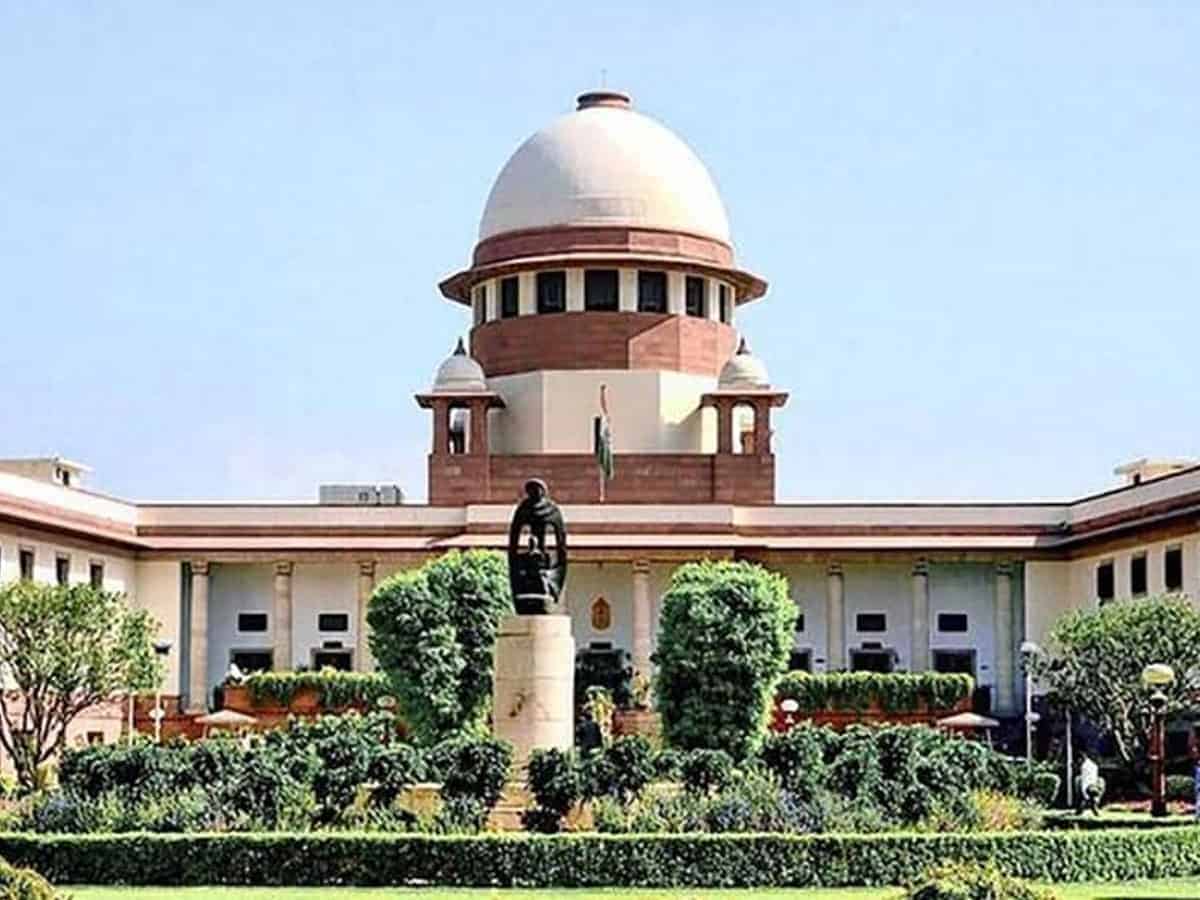
New Delhi: The Supreme Court’s verdict upholding the EWS quota on Monday has garnered mixed opinions from prominent activists, including Shabnam Hashmi, and social media users with some describing it a “landmark decision” and others, calling it a “blunder” for breaching the 50 percent reservation ceiling.
The Supreme Court, by a majority 3:2 view, upheld the validity of the 103rd Constitution amendment providing a 10 per cent reservation to those belonging to the Economically Weaker Sections (EWS) in education and government jobs.
“Reservation in education and employment should be ONLY economic status based, with special incentives for first gen entrants, differently-abled, military and sportspeople. Caste based reservation is a social injustice, a political scam that robs those who really need help. #EWS,” tweeted actor-activist Kasturi Shankar.
“SC Verdict, upholding landmark 10% EWS reservation has reinforced the #SabkaSaathSabkaVikas vision of the @narendramodi Govt. This stamp of SC will help promote social equality’ & provide equal opportunities in higher edu & jobs to those left behind due to their eco status,” tweeted one Amarjeet Verma from Bihar.
“Today’s #SupremeCourt verdict is a landmark decision and an absolute win for economic parity in Indian society,” tweeted one Vinay Sharma.
The top court said the law on the EWS quota does not violate the basic structure of the Constitution.
But along with a row of social media messages lauding the SC’s decision, the 3:2 split verdict also got its share of criticism from activists, social groups, and commentators who said the decision will open a pandora’s box.
According to social activist Shabnam Hashmi, providing reservation for EWS and excluding Scheduled Castes and Scheduled Tribes from that “strikes at the heart of affirmative action.”
“The reservation was meant to correct a historical wrong and bridge the gap between the SC/STs and other socially privileged classes.
“The affirmative action has helped some representatives economically but socially they still face discrimination. Poverty can be removed by bringing changes in the economic policies,” Hashmi told PTI.
Many took to Twitter to express their disappointment with the verdict and cautioned about the problems that it might cause in the coming future.
“SC verdict opens the pandora’s box if as it seems to say, the 50 percent ceiling on reservation is not to be taken as sacrosanct any longer. Each State could move that percentage up to accommodate whichever politically powerful group they wish to. #EWS,” tweeted political commentator Sumanth Raman.
Echoing the views of Raman, Abhimanyu Pratap Singh tweeted: “Supreme Court #EWS verdict will be a blunder – Now every state government will increase the band of reservation according to their political benefits, Maratha, Patel, etc Reservation issues will come again.”
The Hyderabad-based group Bahujan Students’ Federation Of India (BSFI) also questioned the SC for breaching the set limit of 50 percent on reservation, and demanded a subsequent increase in current percentage reservation for the Other backward Classes (OBC).
The nine-judge bench in the 1992, Indra Sawhney, adjudicating on what is more commonly known as the ‘Mandal Commission case,’ had ruled that “reservation should not exceed 50 percent, barring certain extraordinary situations.”
“Supreme Court itself has breached the limit of 50% on Reservation. 60% Indian Population belongs to OBC Community and they are as of now getting 27%, which is unfair. After #EWSVerdict OBC Reservation could be increased to 60%. #OBC Demand 60% #Reservation #teambsfi,” tweeted the non-governmental organisation BSFI.
